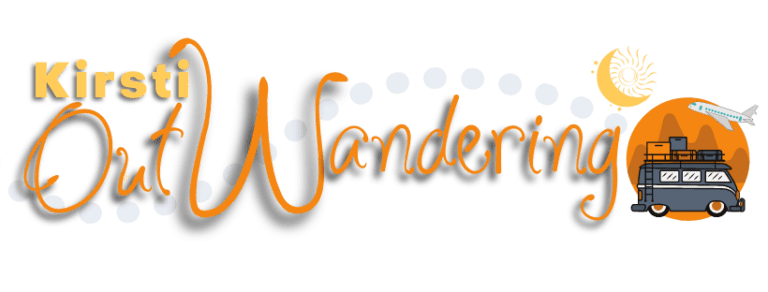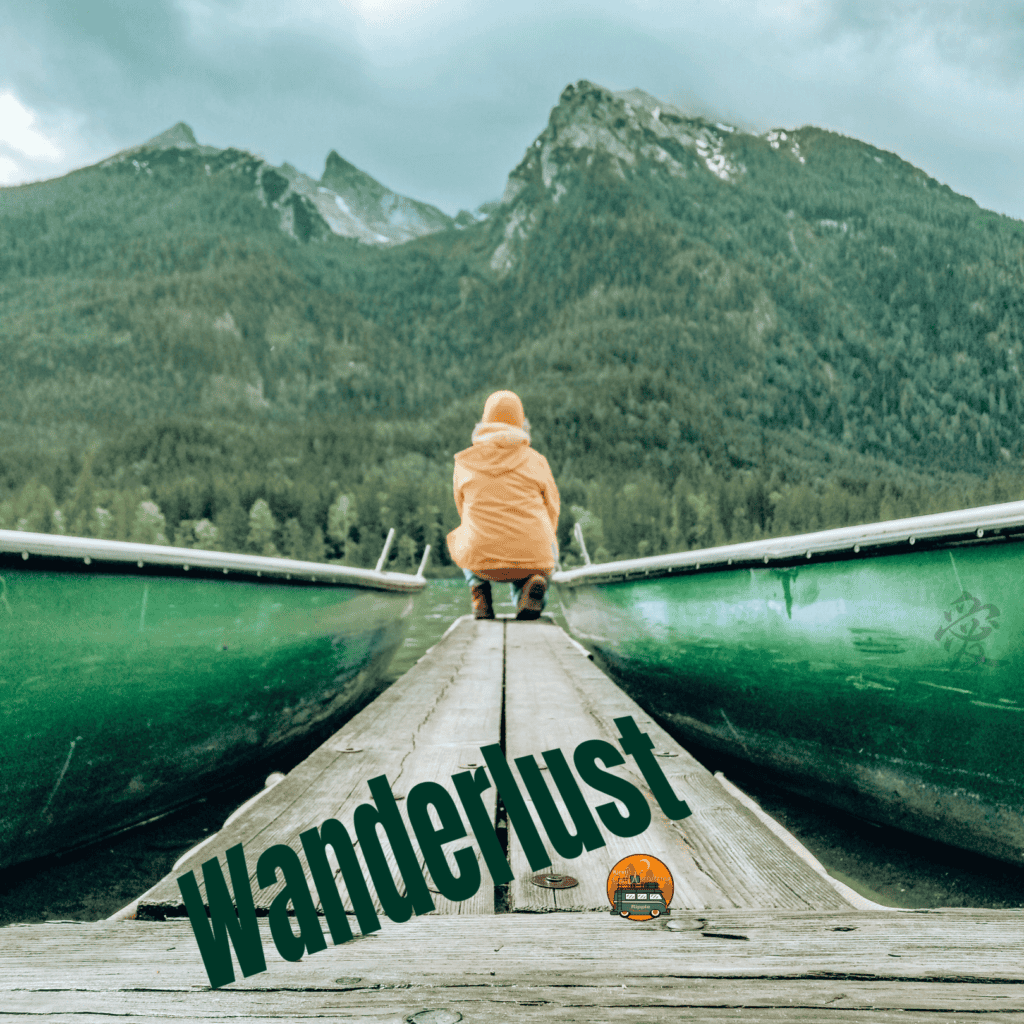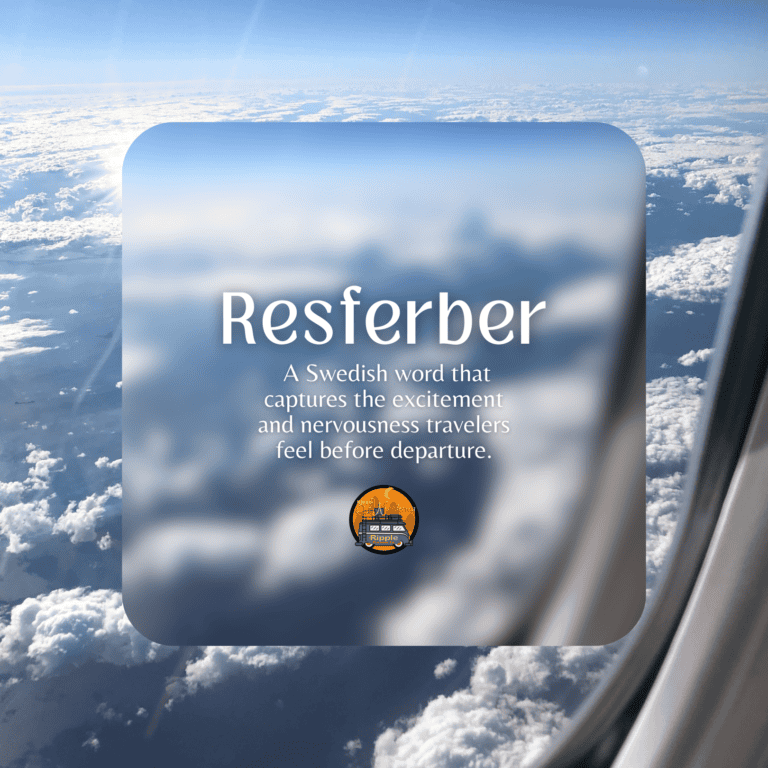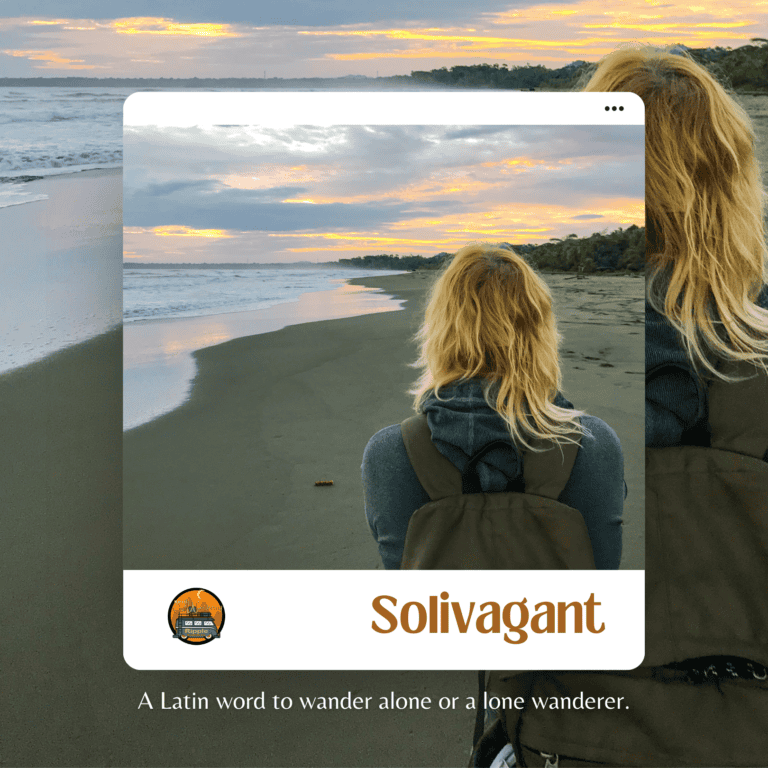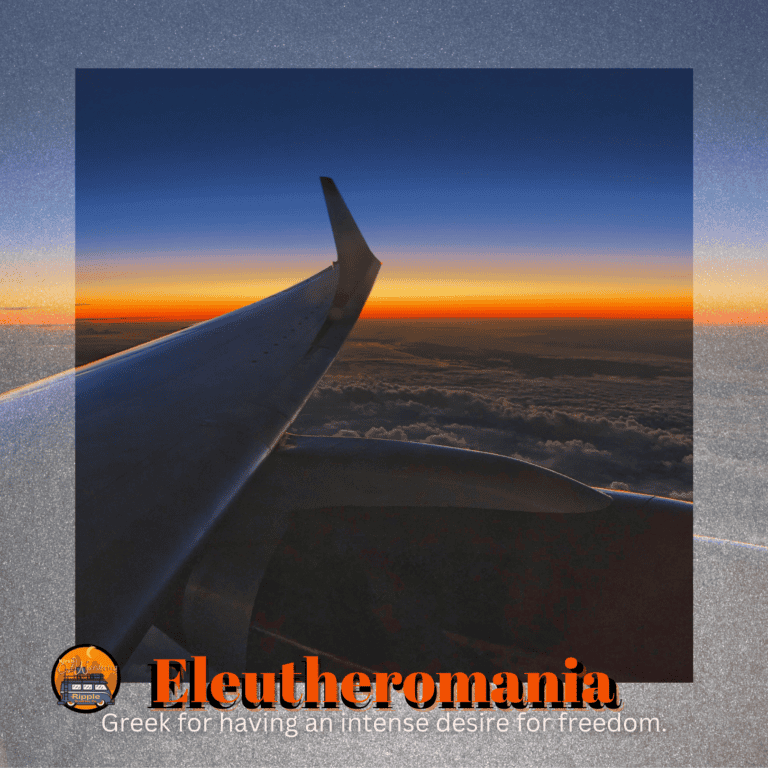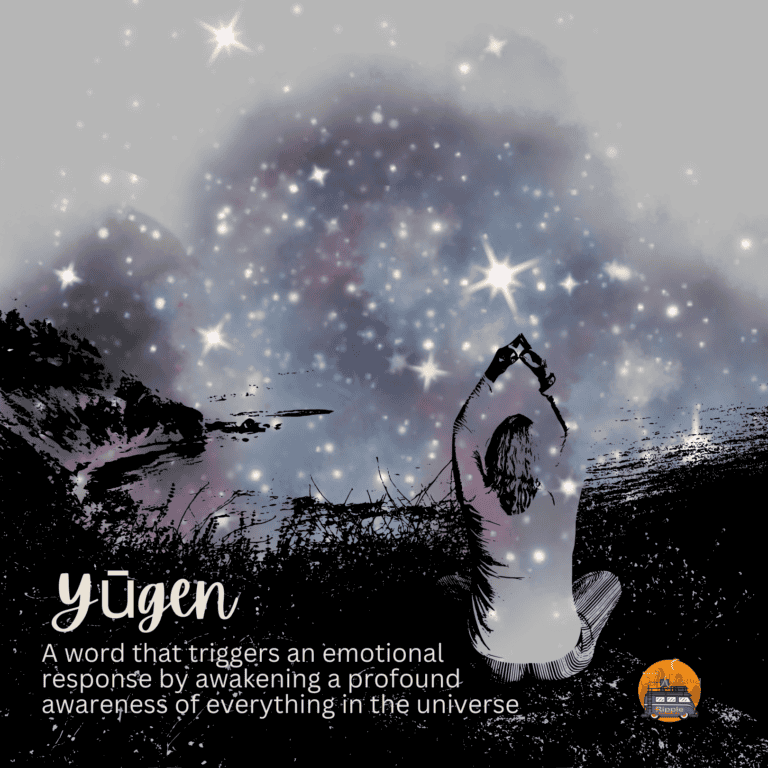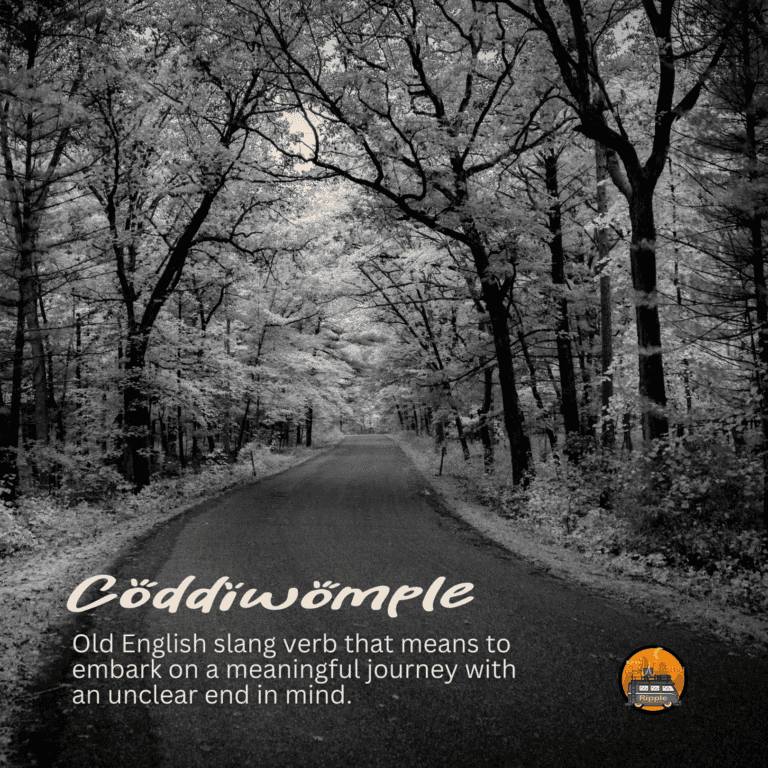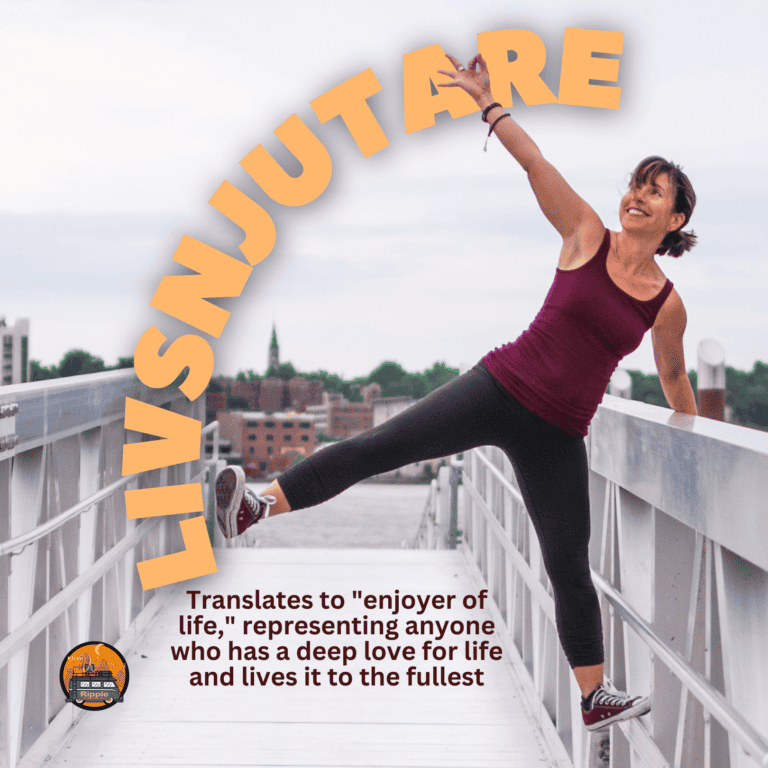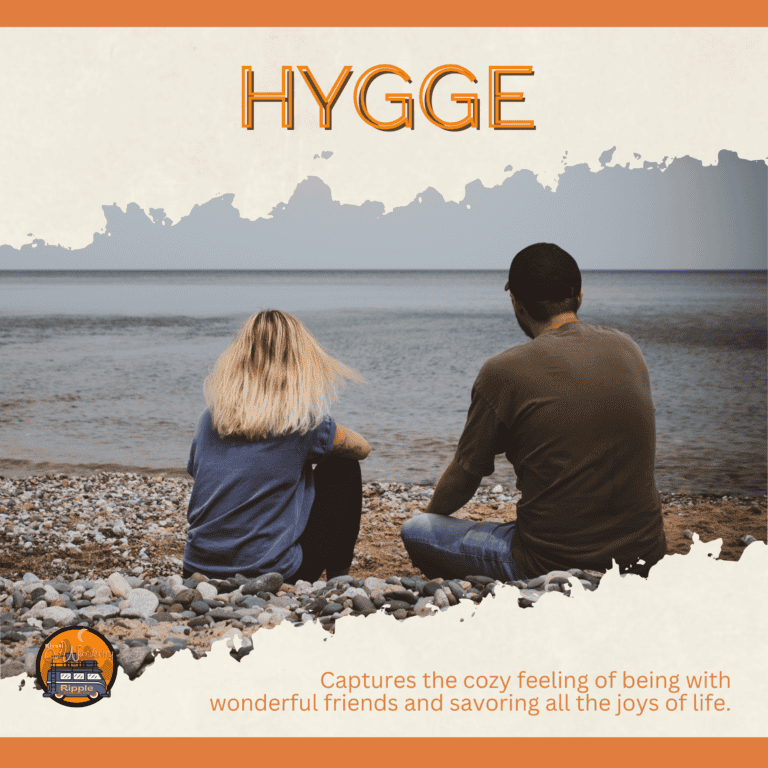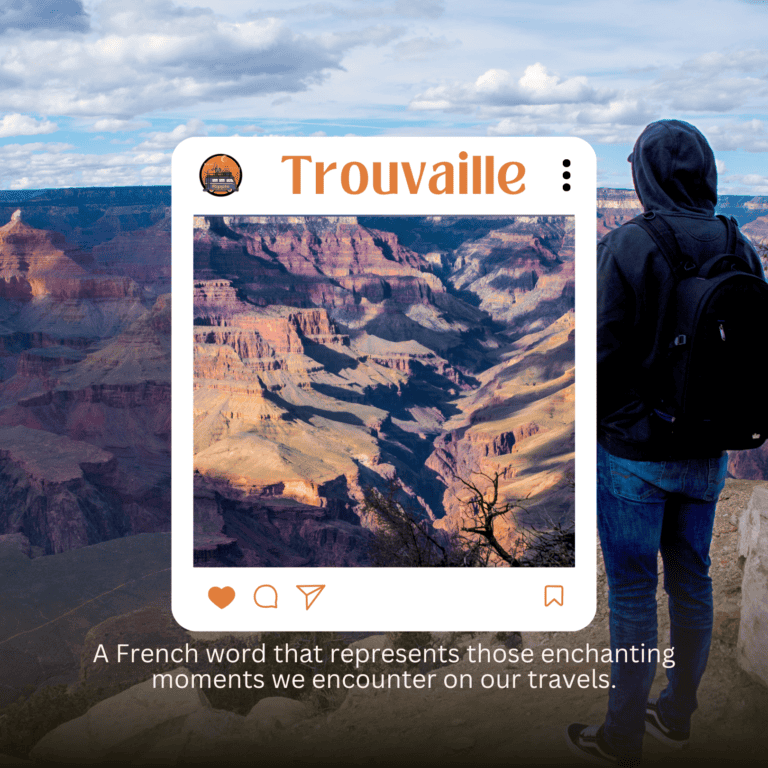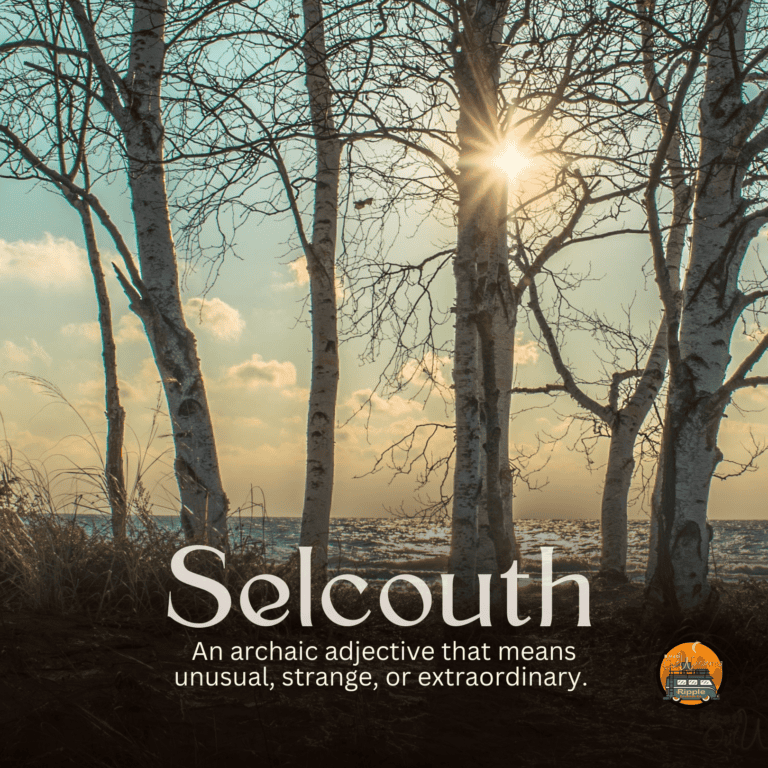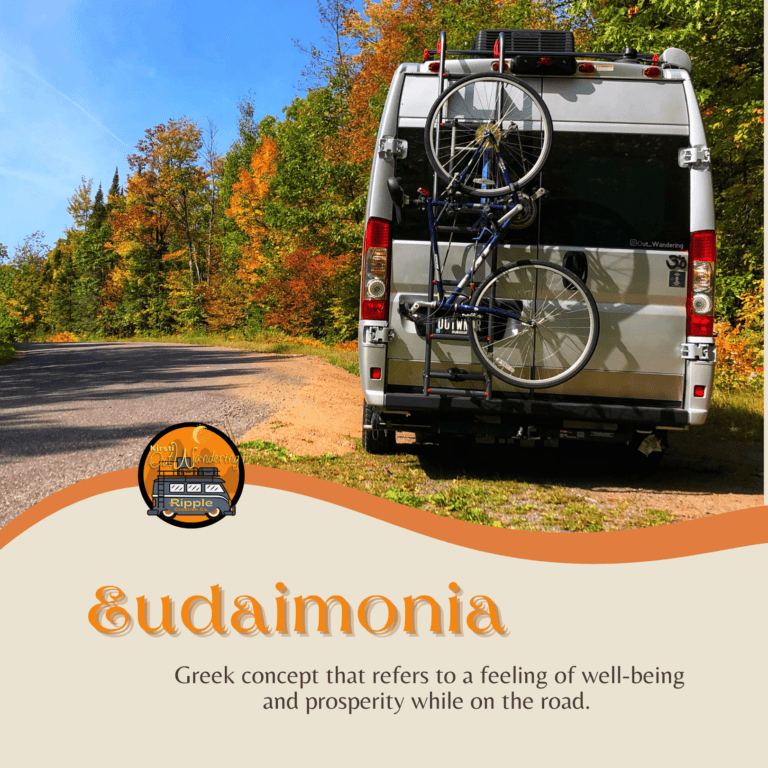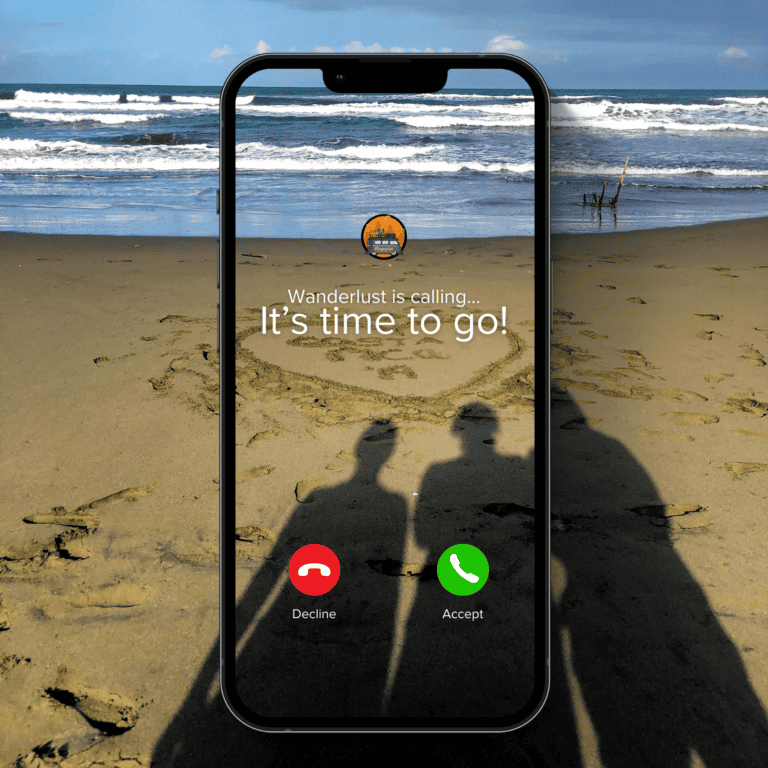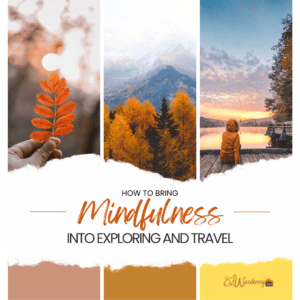11 Inspiring Travel Words That Capture Wanderlust Perfectly
Ever since I can remember, I’ve always had a strong sense of Wanderlust. Even as a child, my friends and I used to imagine ourselves in far-off places while we roamed the woods near our neighborhood.
Our days were filled with adventure, from the early morning until the cool of the evening. The forts we built to conduct our play as we tried to ‘dig to China’ remain vivid in my mind.
In this article, I delve into the beauty of words from different languages, taking us on a linguistic journey. These words, no matter where we are, encapsulate the essence of Wanderlust and provide a glimpse into diverse cultures.
These exotic words, as part of the Wanderlust narrative, capture the emotions we often feel before, during, and after our travels.
Even as a photograph can’t fully capture the sensation of standing on the edge of our next travel experience, the word ‘wanderlust’ also falls short in expressing a deep longing for the next adventure.
Come along with me and imagine yourself in a different country, immersing yourself in each inspiring travel word as if it resonates with your own sense of Wanderlust.
What does it mean to have Wanderlust?
When it comes to embarking on self-directed exploration and travel, there’s a term for that—Wanderlust. Every language has its own variation of the word “Wanderlust,” too. In English, the dictionary explains it as “The individual with a deep Wanderlust is fueled by a fervent desire to journey and discover the world.”
This universal longing for exploration, no matter the language, is what connects us all. While the term itself might ignite my passion and make me envision distant landscapes and spontaneous adventures, I also realize that it can conceal a more profound hunger. I am just beginning to understand that my inclination to wander has a shadow side that may originate from regret, pain, and longing.
The urge to wander acts as a guidepost on the path to completeness and as a catalyst for change. In reality, we are all travelers, constantly moving from one phase of life to another.
Wanderlust propels us on our journeys. Our impulse to wander indicates where we are restless and beckons us toward personal development. It is through our travel that we are transformed, that our horizons are broadened and that we enrich our lives.
11 Inspiring Travel Words That Capture Wanderlust Perfectly
Resfeber | Sweden
Resfeber, pronounced race-fay-ber, is a Swedish word that captures the excitement and nervousness travelers feel before departure. It can also be interpreted as “travel fever” or the pre-journey “jitters.”
It’s that exhilarating mix of anticipation and anxiety that floods in just after you commit to your next adventure, buy your plane ticket, pack up your van or hitch up your backpack.
Fernweh | German
Pronounced FEIRN-veyh, Germans have moved beyond simple forest excursions driven by Wanderlust. Fernweh not only involves venturing outside Germany but also exploring far-flung corners of the world.
The literal translation of “Fernweh” to English is “far-sore” or, more informally, “farsickness.” Fernweh is often described as a yearning for distant places, a craving for travel. It represents the opposite of homesickness, which is the longing for home while being away.
Solivagant | Latin
Solivagant means to wander alone or a lone wanderer. Pronounced soh-LIH-va-ghent, this word comes from the Latin words “solidus,” which means alone and “vagans,” which means wandering.
While it’s lovely to roam your neighborhood or explore a bustling city on your own, there’s a unique value in spending time alone in the great outdoors. Bonus points if you can safely take your shoes off for a portion of that time, allowing your feet to directly connect to the earth.
Eleutheromania | Greek
The term “eleutheromania,” pronounced el-yoo-ther-oh-MAY-nee-uh, means an intense desire for freedom, originated from the ancient Greek word eleutheros, meaning “free.”
Many people express feeling free when they travel, and eleutheromania captures this longing for freedom. We often find a sense of liberation in other cultures or by simply breaking away from the usual. If we stop traveling, the craving for that feeling returns.
Yūgen | Japanese
Yūgen, pronounced yun-yen, triggers an emotional response by awakening a profound awareness of everything in the universe.
Coddiwomple | Old English Slang
Coddiwomple, pronounced “cod-ee-wom-puhl,” is an old English slang verb that means to embark on a meaningful journey with an unclear end in mind.
Livsnjutare | Swedish
Pronounced leevs-new-tuh, Livsnjutare translates to “enjoyer of life,” representing anyone who has a deep love for life and lives it to the fullest.
In fact, if you’re reading this, this description likely resonates with you!
Hygge | Danish
Hygge, pronounced “hue-guh,” evokes the cozy feeling of being with wonderful friends and savoring all the joys of life. It’s all about being mindful of your present situation and appreciating what you have.
Trouvaille | French
Trouvaille, pronounced tru-vai, captures the essence of a serendipitous encounter. Whether it’s discovering a hidden alley, finding a charming café, or connecting with a local, it’s all possible.
Trouvaille represents those enchanting moments we encounter on our travels.
Selcouth | Old English
Selcouth, pronounced sel-ˌküth, describes the experience of encountering something unfamiliar and strange but being captivated by it nonetheless.
When exploring a new place, everything feels different from what you’re used to. Yet, you embrace it and find it enthralling, whether it’s the food, culture, customs, or language.
Eudaimonia | Greek
Eudaimonia, pronounced “yüdēˈmōnēə,” is a Greek concept that refers to a feeling of well-being and prosperity while on the road. This concept encompasses both happiness and good fortune and is a symbol of abundance.
flow experience, new circumstances, social connections, living life, flow-like state, simple things, better outcomes
It's Time To Go
Don’t wait any longer to experience the thrill of discovery! Immerse yourself in the meaning of these 11 inspiring travel words. Let them ignite your Wanderlust and inspire you to embark on a transformative journey.
Embrace the thrill of exploration as you set out to discover new cultures, savor local cuisines, and witness breathtaking landscapes. Allow these words to guide you as you make unforgettable memories and discover the wonders of the world.
The discovery of new things is waiting for you; begin your adventure today.
Hola! It’s Kirsti Out Wandering. I am curious to know if you are out there planning your next travel adventure. You may have also been wondering how to practice mindfulness along the way. This article shares eight helpful tips to help you make the most out of your travel experiences by adding mindfulness.
Share this post
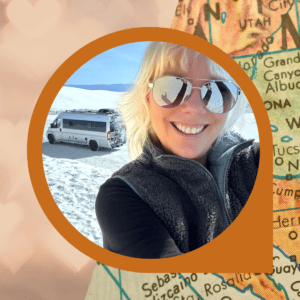
Follow along! Kirsti Out Wandering aspires to illustrate well-being in mind, body & spirit, giving unconditional love to self and others, and pursuing all of the wild possibilities life serves up while living full-time from a sprinter van.
I offers weekly inspiration and a monthly roundup filled with stories and tips on travel, exploring, van living, self-care, photography and being human.
